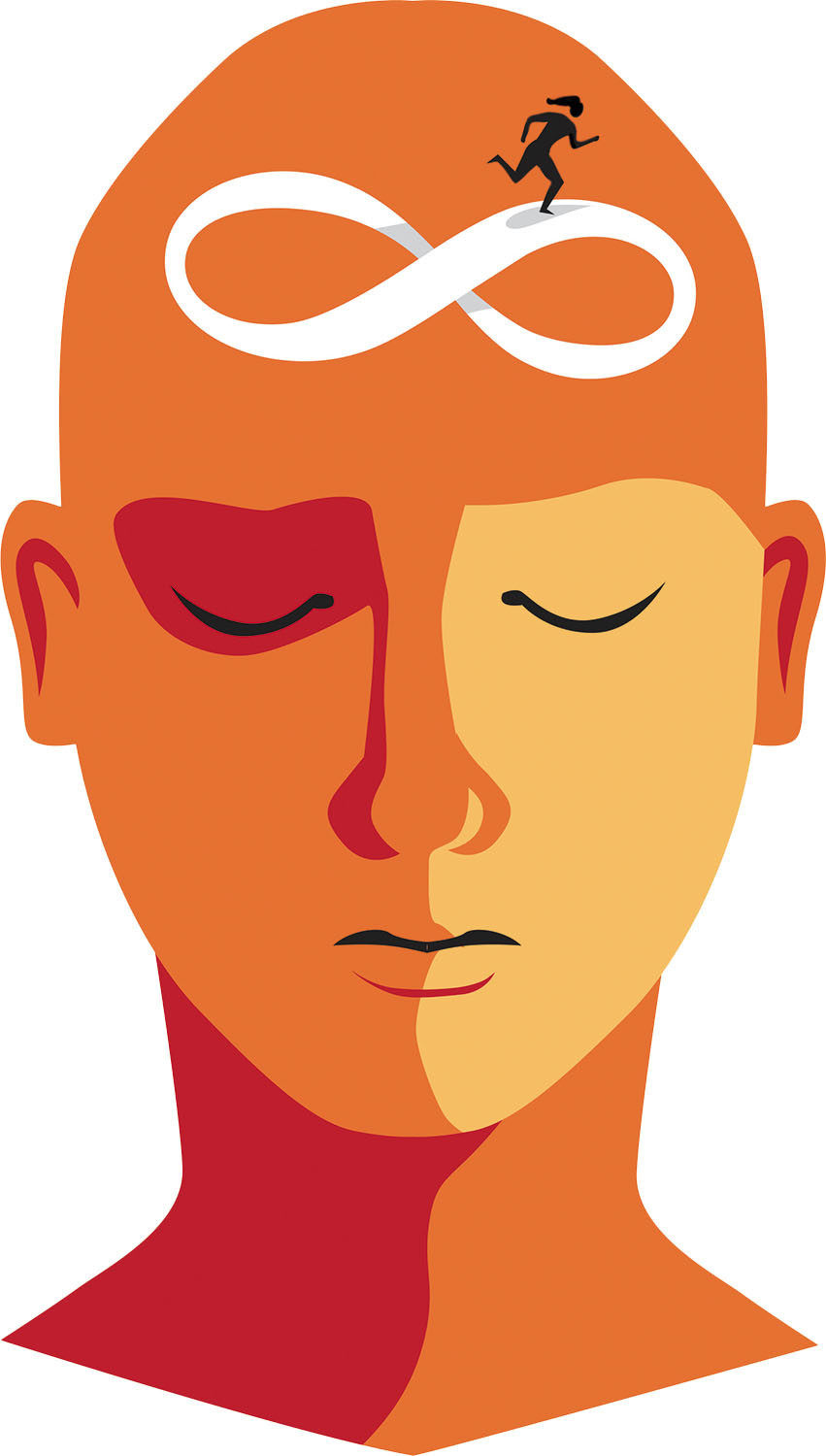
Can white noise really help you sleep better?

Celiac disease: Exploring four myths

What is prostatitis and how is it treated?

What is Cushing syndrome?

Exercises to relieve joint pain

Think your child has ADHD? What your pediatrician can do

Foam roller: Could you benefit from this massage tool?

Stepping up activity if winter slowed you down

Common causes of cloudy urine

Dragon fruit: How to enjoy this antioxidant-rich fruit
Mind & Mood Archive
Articles
Certain exercises may offer effective treatment for depression
In a 2024 study, researchers found the most effective exercises for treating depression were walking, running, yoga, strength training, and dancing. When exercise was combined with talk therapy, then yoga, tai chi, and aerobic exercise stood out.
More evidence suggests multivitamins slow cognitive decline
A 2024 randomized controlled trial provides more evidence that taking a daily multivitamin pill offers protection against cognitive decline. The study involved more than 5,000 people (ages 60 or older). Some took a daily multivitamin pill. Others took a placebo. After two years and tests measuring cognitive ability before and after the study period, people who took the vitamins showed slower cognitive decline than people who took a placebo. This was seen consistently in all groups of people.
Sneezy and dopey? Seasonal allergies and your brain
Allergy season is longer and more intense this year—causing sneezing, and itchy eyes in millions of people. But allergies also affect the brain, causing symptoms like brain fog. Here are some ways to prevent or ease brain fog from allergies.
How — and why — to fit more fiber and fermented food into your meals
A healthy diet is key to a healthy gut microbiome, which helps the immune system function well and reduces chronic inflammation among other important tasks. And increasing evidence suggests that fiber and fermented foods can play important roles in gut health.
Co-regulation: Helping children and teens navigate big emotions
Co-regulation is a process in which caregivers can help young people learn better ways to regulate their emotions during the inevitable upsets and challenges of life. But before a caregiver can help a child, they need to understand their own emotional skills and limitations.
How to recognize the signs of mental health issues
A 2023 study showed that about 50% of people will develop at least one mental disorder by age 75. Older adults are vulnerable to mental disorders because they are exposed to many life-changing and traumatic events like health issues, the death of loved ones, and physical limitations. Among men, the most common disorders were depression, phobias, and alcohol use disorder. Identifying the signs and symptoms of these disorders can help men seek appropriate medical treatment.
Managing intrusive thoughts
Intrusive thoughts are unwanted thoughts or mental images that make people feel uncomfortable. They're common, affecting some six million Americans and can be effectively managed using tools such as cognitive behavioral therapy. They can be associated with mental health disorders such as obsessive-compulsive disorder or post-traumatic stress disorder, but many people who experience them don't meet the criteria for a mental health disorder. The thoughts may be triggered by stress or anxiety.
Too much TV might be bad for your brain
A 2023 study suggests excessive TV-watching, defined as four or more hours a day, is associated with higher risk of developing brain-based disorders such as dementia, depression, and Parkinson's disease.

Can white noise really help you sleep better?

Celiac disease: Exploring four myths

What is prostatitis and how is it treated?

What is Cushing syndrome?

Exercises to relieve joint pain

Think your child has ADHD? What your pediatrician can do

Foam roller: Could you benefit from this massage tool?

Stepping up activity if winter slowed you down

Common causes of cloudy urine

Dragon fruit: How to enjoy this antioxidant-rich fruit
Free Healthbeat Signup
Get the latest in health news delivered to your inbox!
Sign Up











